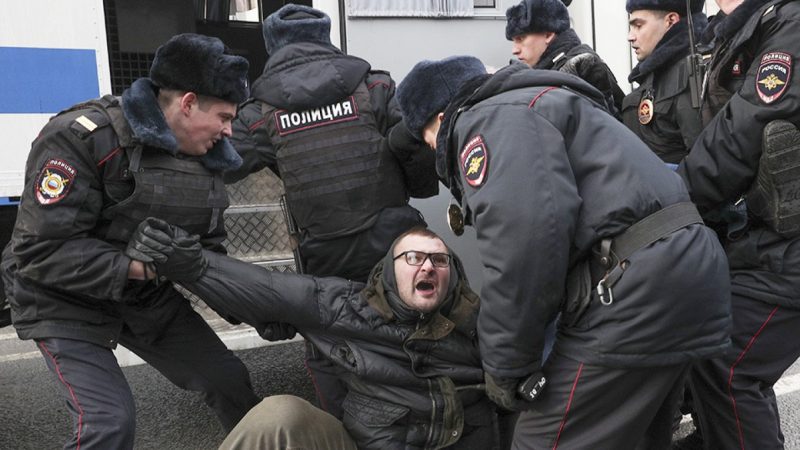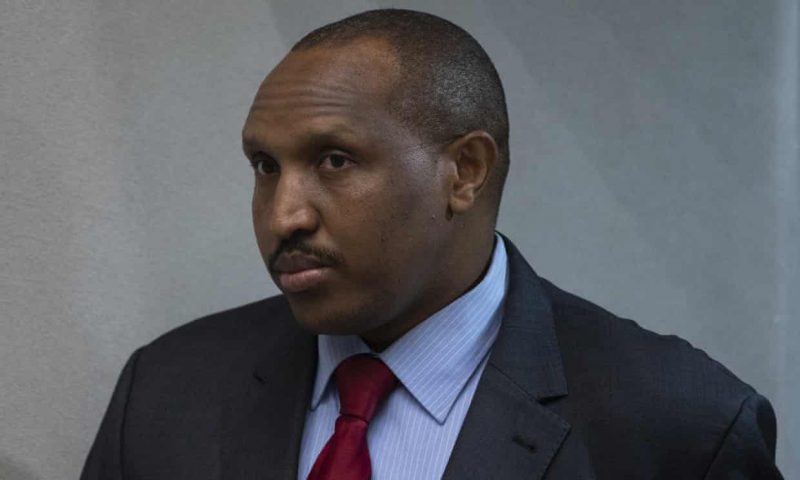By: Jacob Tyson
Impunity Watch Staff Writer
STRASBOURG, France – On February 4, 2020, the European Court of Human Rights (“ECHR”) found the Russian government responsible for 29 cases of torture and inhuman or degrading treatment by police officers, violations of Article 3 and Article 13 of the Convention for the Protection of Human Rights and Fundamental Freedoms, and awarded 835,000 euros in pecuniary damages to the victims. The treatment the victims received included electric shock, strangulation, needles being placed under fingernails, rape, and threats of torture toward family members.

The case revolved around whether the complaints were credible and admissible even though they relied on faulty investigations. The Court opined that medical examinations, especially in cases of ill-treatment toward prisoners and detainees, are an essential safeguard of human life and the justice process. However, without this information, human rights investigations can be inadmissible in court. Here, multiple applicants were not examined until weeks after their complaints of torture. Upon examination, the forensic experts were not provided with enough information which made it impracticable for the experts to create an accurate picture of what happened to these prisoners. The experts, instead, relied on the pre-investigation inquiry by the Russian authorities.
According to the Court, this was an inadequate effort by the Russian government. The Court held that the mere carrying out of a pre-investigation inquiry under the Code of Criminal Procedure of the Russian Federation is insufficient to comply with Article 3 of the Convention. “It is incumbent on the authorities to institute criminal proceedings and conduct a proper criminal investigation in which a full range of investigative measures are carried out,” the Court wrote.
This could have a significant impact on criminal procedure in Russia, as well as other Council of Europe member states, to ensure more thorough and accurate investigations into police brutality and inhumane prison practices. However, since 2015, Russian President, Vladimir Putin, signed a bill allowing the Constitutional Court to circumvent rulings of the ECHR and any other rulings by international human rights bodies in an effort to protect Russian legal sovereignty. It is unlikely this ruling will affect the way Russia conducts its investigations in the future or in its 15,000 currently pending ECHR applications.
For further information, please see:
European Court of Human Rights – Applications nos. 47821/09 against Russia – 4 Feb. 2020
МБХ – ЕСПЧ Присудил Россиянам 1 Млн Евро за Незаконные Обыски и Пытки в Полиции – 4 Feb. 2020
The Moscow Times – Russia Ordered to Pay $1M to Police Brutality Victims – 5 Feb. 2020

